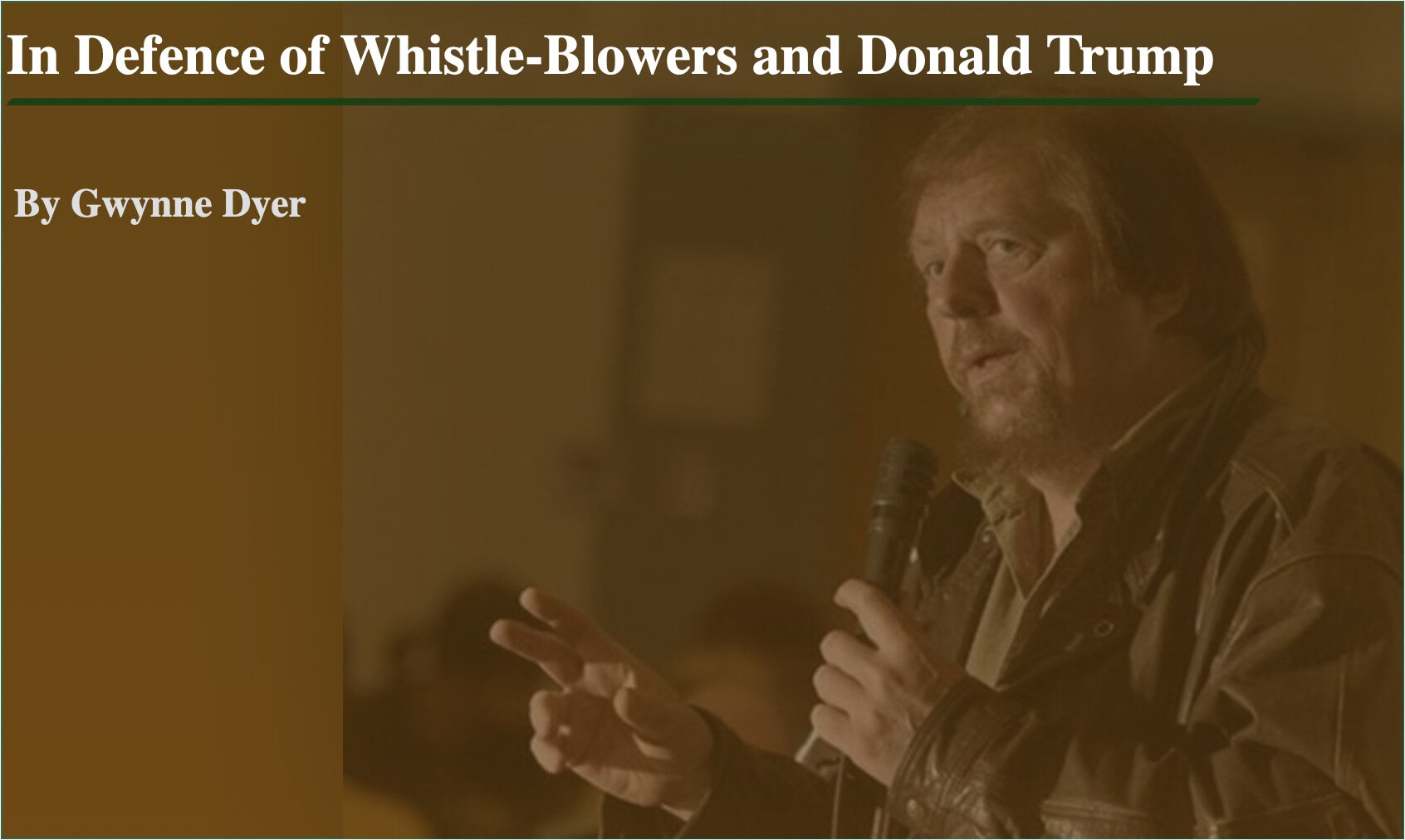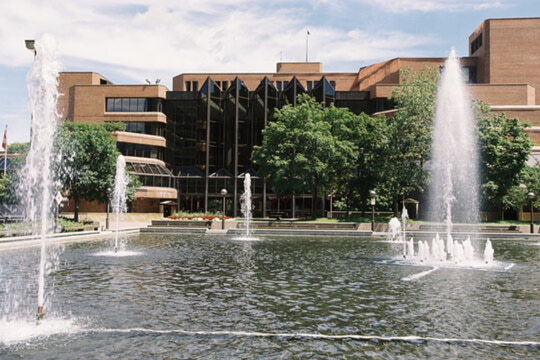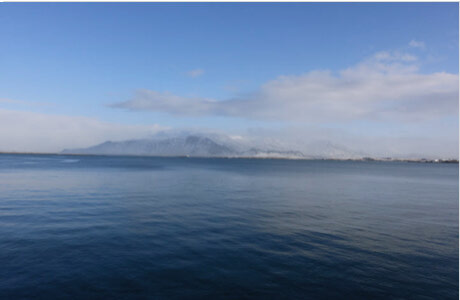In Defence of Whistle-Blowers and Donald Trump
Gwynne Dyer
I never thought I’d be writing a column in defence of Donald Trump, but a journalist has to go where the evidence leads. Over the years I have written columns in defence of Daniel Ellsberg, Mordechai Vanunu, Edward Snowden and Julian Assange, so how could I abandon Donald Trump in his time of need?
Admittedly, Trump is not your traditional whistle-blower, driven by high motives and a need to speak truth to power. He’s more of a pack-rat, whose motives for stealing government documents may be obscure even to himself. (I use the word ‘stealing’ because that’s the word that was used for all the honourable men in whose footsteps he has followed.)
Maybe Trump was taking the documents – and clinging to them fiercely despite insistent demands for their return from the National Archives, the Justice Department and the FBI – with some vague notion that they might prove useful one day. But for what? Blackmail? Selling them to the Russians? Writing his memoirs?
Take the star exhibit from the documents that were taken from Trump’s Mar-a-Lago estate in the FBI raid on 8 August, which reportedly contained information about “a foreign government’s military defenses, including its nuclear capabilities.”
So what? It probably won’t contain any information about how that data was acquired, especially if it involved ‘humint’ (spies). It’s really just one of Trump’s keepsakes, and it almost certainly wouldn’t do any harm if it were published.
Trump is convinced that this investigation was started by Joe Biden, ‘his’ Justice Department and ‘his’ FBI. However, it’s much more likely to be just enormous bureaucratic dinosaurs doing what they have always have done.
The intelligence agencies always try to hide their activities, but most often because their actions are incompetent, irrelevant or illegal . It’s the mystique that justifies their immense budgets, not their actual accomplishments. That’s why they are so vindictive even when the secrets that have been revealed aren’t really very important.
Indeed, when they devote huge resources to tracking down and punishing whistle-blowers, it’s because whatever they revealed is embarrassing for the agencies or the governments they serve. Real spies who steal vital national secrets (there are such secrets, though far fewer than people think) get killed, jailed or exchanged without much public ado.
What Daniel Ellsberg revealed in 1971 was a 7,000-page top secret history of US involvement in the Vietnam War up to 1968 that he had helped to write himself. It contained no information about current operations, just a truckload of deeply embarrassing details about how the US government got involved in that stupid war and how badly it had waged it.
Releasing it was a public service, as most Americans eventually came to agree. But not before Ellsberg was indicted under the Espionage Act and spent several years defending himself from charges that could have led to a 115-year prison sentence.
Mordechai Vanunu was an Israeli who revealed details of Israel’s nuclear weapons programme in 1986, about two decades after the weapons were first built. Their existence was the most open of secrets – literally everybody who took an interest already knew about them – but he was kidnapped while he was abroad, tried and jailed for 18 years.
Vanunu’s movements and contacts are still strictly controlled, and he cannot leave Israel. His most recent Twitter post (this month) reads “No freedom yet, continue to wait, nothing changed, no news here, one more month, and one more year, since 1986,but freedom must come.”
Edward Snowden worked for the US National Security Agency, and revealed the vast extent of global surveillance programmes run by the NSA in 2013. Many thousands of individuals were targeted, up to and including the heads of several allied governments.
Snowden had the wit to leave the US before sharing his data with leading newspapers, but the US State Department revoked his passport and trapped him while he was in transit through Moscow. He is still stuck there today.
And of course there’s Julian Assange, the founder of WikiLeaks, which profoundly embarrassed the CIA in 2010 by putting a huge trove of secret US records about the wars in Iraq and Afghanistan on the web. He has been trying to avoid extradition to the US ever since, almost all of that time in confinement of one sort or another.
Donald Trump is therefore in much better company than he deserves, and his motives for taking all those secret documents were unclear. But the documents themselves, for all that they are marked ‘Top Secret – Burn Before Reading’ or whatever, are probably no more harmful to real US national security than those published by his predecessors.
They finally got Al Capone for tax fraud, but they shouldn’t get Donald Trump for this.






